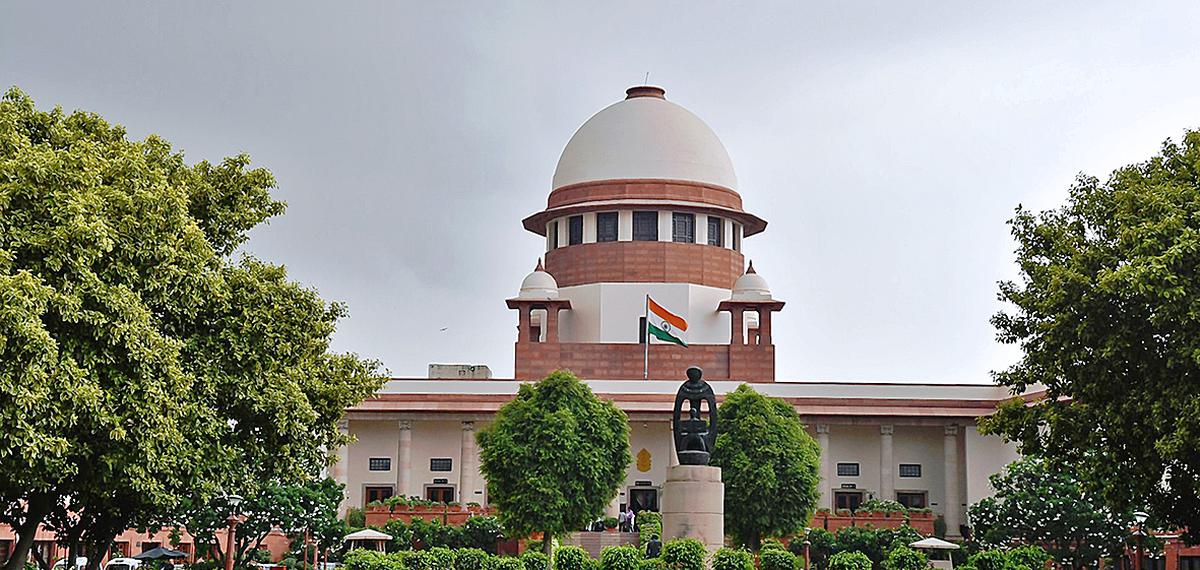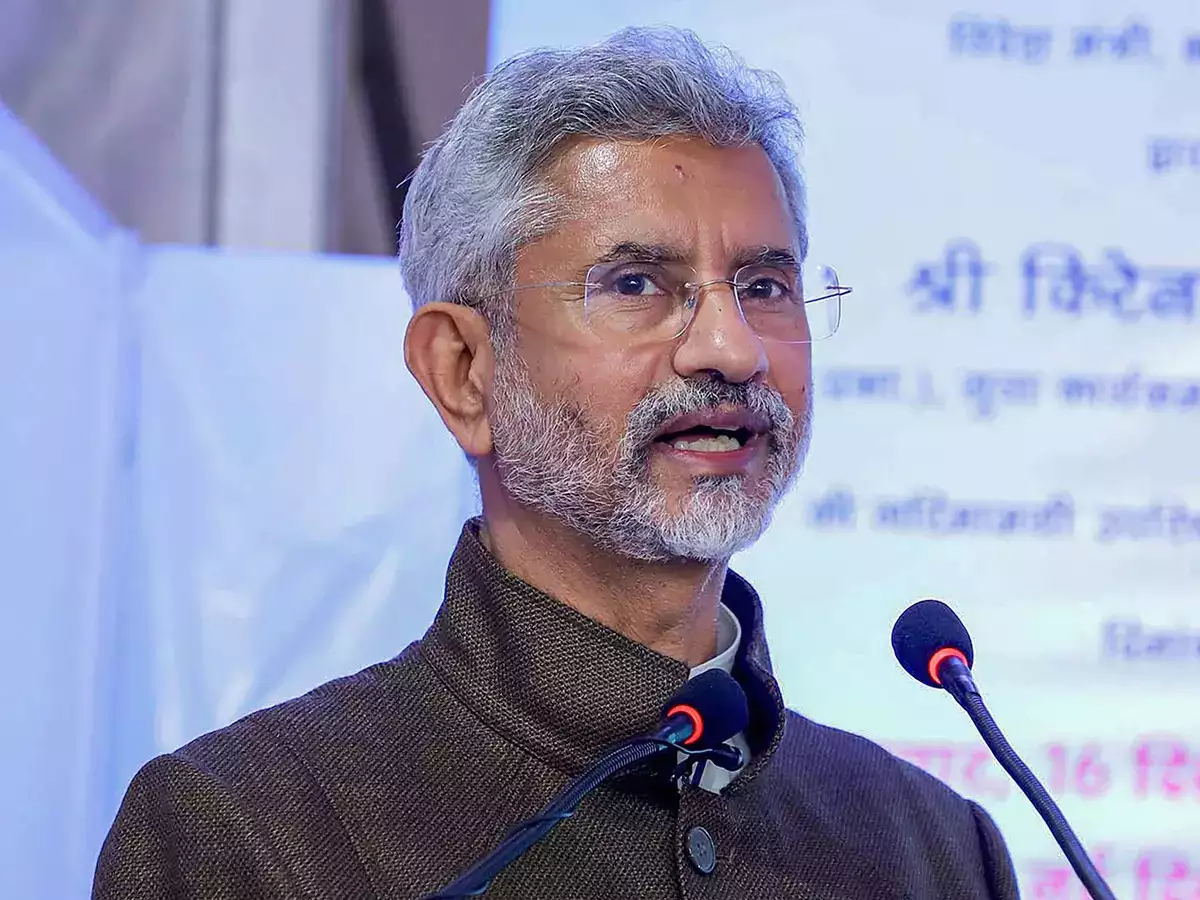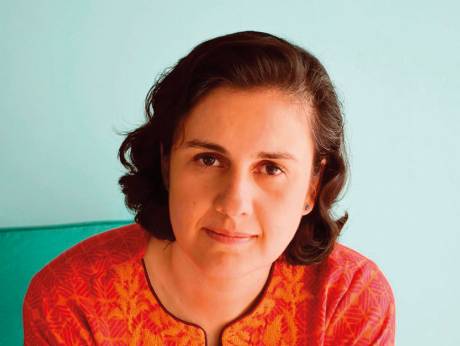New Delhi, Mar 9 : Health experts today hailed the apex court’s verdict permitting passive euthanasia and ‘living will’ by patients on withdrawing medical support if they slip into irreversible coma, saying it would give “salvageable patients” the opportunity to avail ventilator support.
The Indian Medical Association (IMA) said the judgement was long due and would pave the way in ensuring that everybody is granted the “right to die with dignity”.
In a landmark judgement, the Supreme Court today recognised that a terminally-ill patient can write a ‘living will’ that permits doctors to withdraw life support, saying a person with no will to live shouldn’t suffer in a comatose state.
A five-judge constitution bench headed by Chief Justice of India Dipak Misra said passive euthanasia and advance living will are “permissible”.
Reacting to the judgement, AIIMS’ assiastant professor in the geriatrics department and founder president of Healthy Aging India, Dr Prasoon Chatterjee said recognising the concept of “living will” would give an opportunity to the elderly to opt for ‘do not resuscitate (DNR)’, a concept already established in developed nations.
“The law says, if a patient is not in mentally or physically stable condition to decide on his own, then the next of kin can take a call on whether he or she should be put on ventilation or not. The concept of ‘living will’ will help doctors use their skills and knowledge to take call in the benefit of larger population.
“It is a landmark decision in a resource-constraint country and would save a lot of salvageable patient by giving them opportunity to avail ventilatory support,” Dr Chatterjee, who is also joint editor of Indian Academy Geriatrics, said.
Secretary General of the IMA, Dr R N Tandon said, “Just as every person has the right to life, they also have the right to die with dignity.”
Vice President of Confederation of Medical Associations in Asia and Oceania, and former IMA president Dr K K Aggarwal, however, said strict guidelines should be put in place to ensure that there is no abuse of the ‘living will’ by relatives of the patient.
The caregiver may get fed up and frustrated, and unconsciously may make the patient feel that he or she has become a burden and should not live anymore, he said, adding, “This is one aspect which we need to focus on. When a person seeks (passive) euthanasia, the attitude of the relatives providing care should be considered and opinion of doctors should be taken.”
Dr Anupam Sibal, the Group Medical Director and Senior Pediatric Gastroenterologist and Hepatologist in Apollo Hospitals Group said the judgement marks the culmination of the debate that started with a PIL in 2005.
He said “living will” or advanced directive (as it is called in some countries) allows a citizen the ability to exercise a fundamental right — to decide in advance what should be done to his or her body when he or she is not in a position to make that decision.
“This is a step that several countries have taken in the last 10-15 years. The Supreme Court has laid out the framework for a ‘living will’ and also prescribed the procedure for partial euthanasia which needs to be welcomed. The safeguards that the court has built in should allay fears that some people may have,” he said.
The five-judge constitution bench has laid down guidelines as to who would execute the will and how the nod for passive euthanasia would be granted by the medical board.
The apex court said advance directives for terminally-ill patients could be issued and executed by the next friend and relatives of such a person after which a medical board would consider it.
The top court said the directions and guidelines laid down by it shall remain in force till a legislation is brought on the issue.




